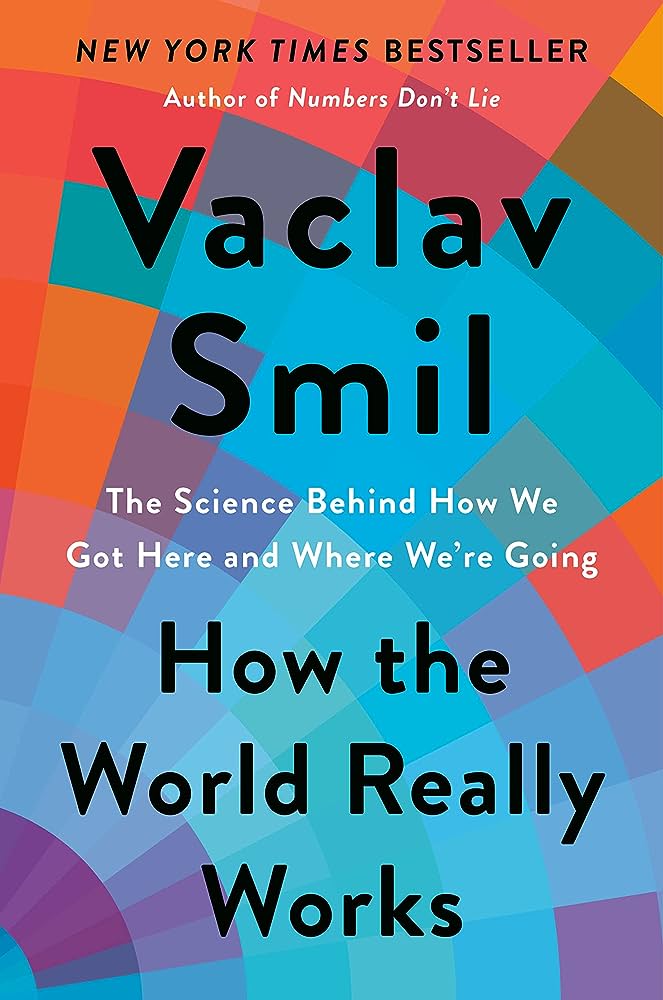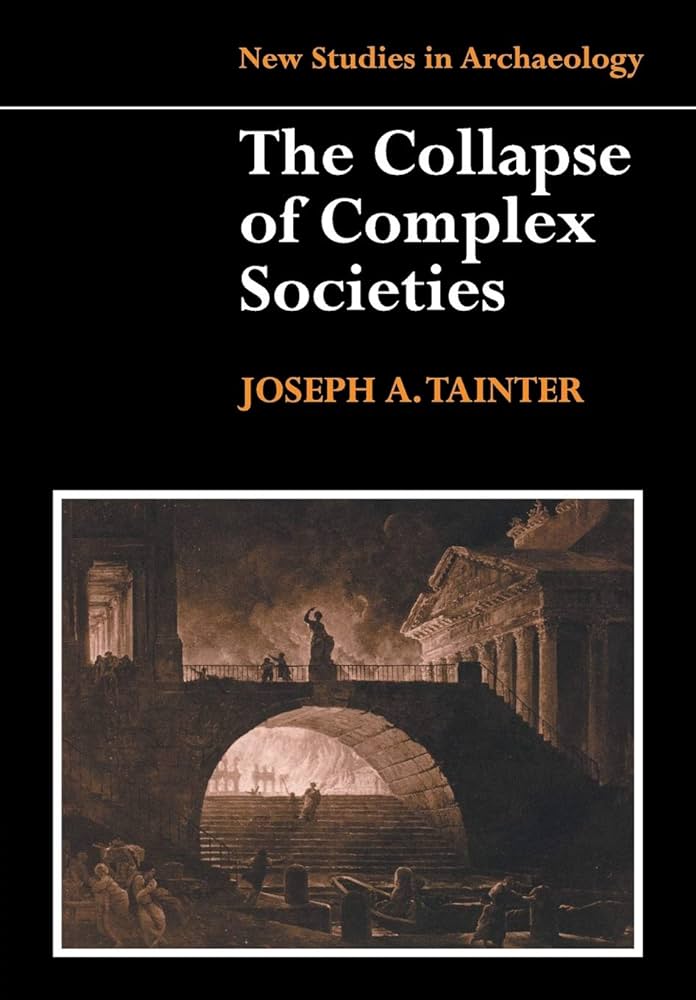How the World Really Works
Against those who anticipate a smooth, timely transition to renewable energy and net-zero carbon emissions, Vaclav Smil argues that we are much more dependent on fossil fuels than we recognize so that an energy transition will be difficult and tumultuous. “The real wrench in the works: we are a fossil-fueled civilization whose technical and scientific […]
How the World Really Works Read More »




